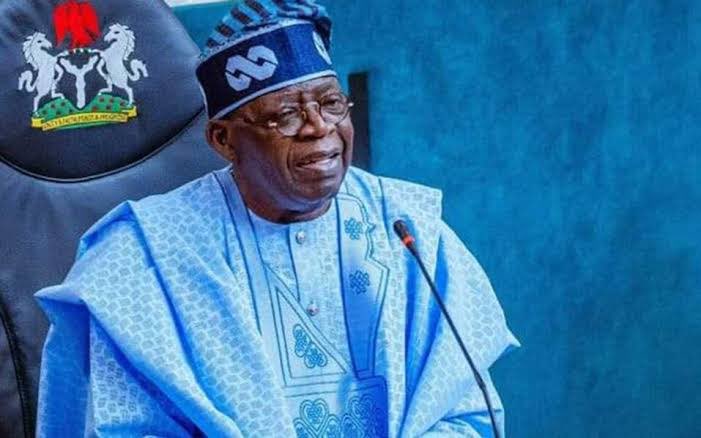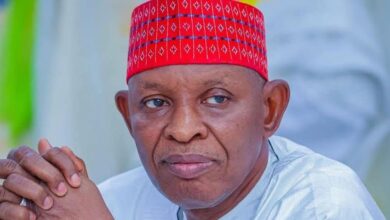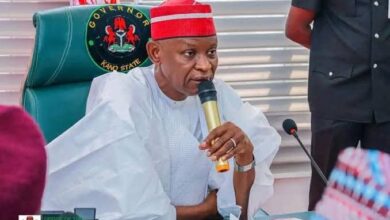Tinubu Says He Nearly Stopped Watching the News Due to Nigerians’ Hardship

President Bola Tinubu has admitted that the economic hardship in Nigeria became so intense that he almost stopped following the news.
Speaking during a weekend visit to Katsina State, Tinubu acknowledged that the impact of his administration’s policies has been difficult for many Nigerians. However, he insisted that the country has now “turned the corner” and is on the road to recovery.
“I almost ran away from watching the news or reading the newspapers,” he said. “I just used courage and stayed put on my decisions, believing that the ability of a leader to take a decision at the right time is the hallmark of leadership.”
Tinubu expressed confidence that the tough choices made by his administration are beginning to yield results. “We took it, we stayed with it, and it will be rewarding. It is already bearing fruits,” he added.
His comments signal the government’s ongoing push for economic reforms, which it hopes will eventually ease the burden on citizens. But many Nigerians are yet to feel the promised relief.
Data from the Central Bank of Nigeria (CBN) paints a troubling picture. In its fourth quarter 2024 economic report, the CBN confirmed rising inflation and blamed it on factors such as insecurity and poor infrastructure.
“Inflation remained elevated in Q4 2024, as both food and non-food components of the CPI basket increased,” the report noted.
It showed that headline inflation reached 34.80% year-on-year, up from 32.70% in the previous quarter. Contributing factors included energy costs, exchange rate volatility, hoarding, and widespread insecurity.
The report added that 74.62% of items in the inflation basket exceeded the historical average inflation rate of 14.60%—an increase from the 70.14% recorded in the previous quarter. Nonetheless, the CBN projected a gradual decline in inflation beginning in 2025.
Meanwhile, the National Bureau of Statistics (NBS) reported that Nigeria’s inflation rate stood at 24.48% in January, with food inflation at 26.08% year-on-year.
Further compounding the hardship, a report by SBM Intelligence revealed a worsening food crisis in West and Central Africa. Over 40 million people are struggling to access enough food, a number expected to rise to 52.7 million by mid-2025, with 3.4 million facing emergency hunger levels.
The crisis is being driven by a combination of conflict, erratic weather, economic instability, and global shocks. In Nigeria, insecurity remains a serious threat to food production, with frequent attacks on farmers in states like Benue, Borno, and Plateau.
Women in conflict-affected areas are particularly vulnerable, with 31% of women aged 15-49 suffering from malnutrition.
The SBM Jollof Index, which tracks the cost of preparing the popular jollof rice dish, reported a sharp rise in food prices. Between September 2024 and March 2025, the national average cost of cooking jollof rice jumped by 19%, from ₦21,300 to ₦25,486.
According to analysts, this increase reflects deeper structural problems such as fuel hikes, transport difficulties, insecurity, and climate-related disruptions.
The post Tinubu Says He Nearly Stopped Watching the News Due to Nigerians’ Hardship appeared first on Kano Times.





